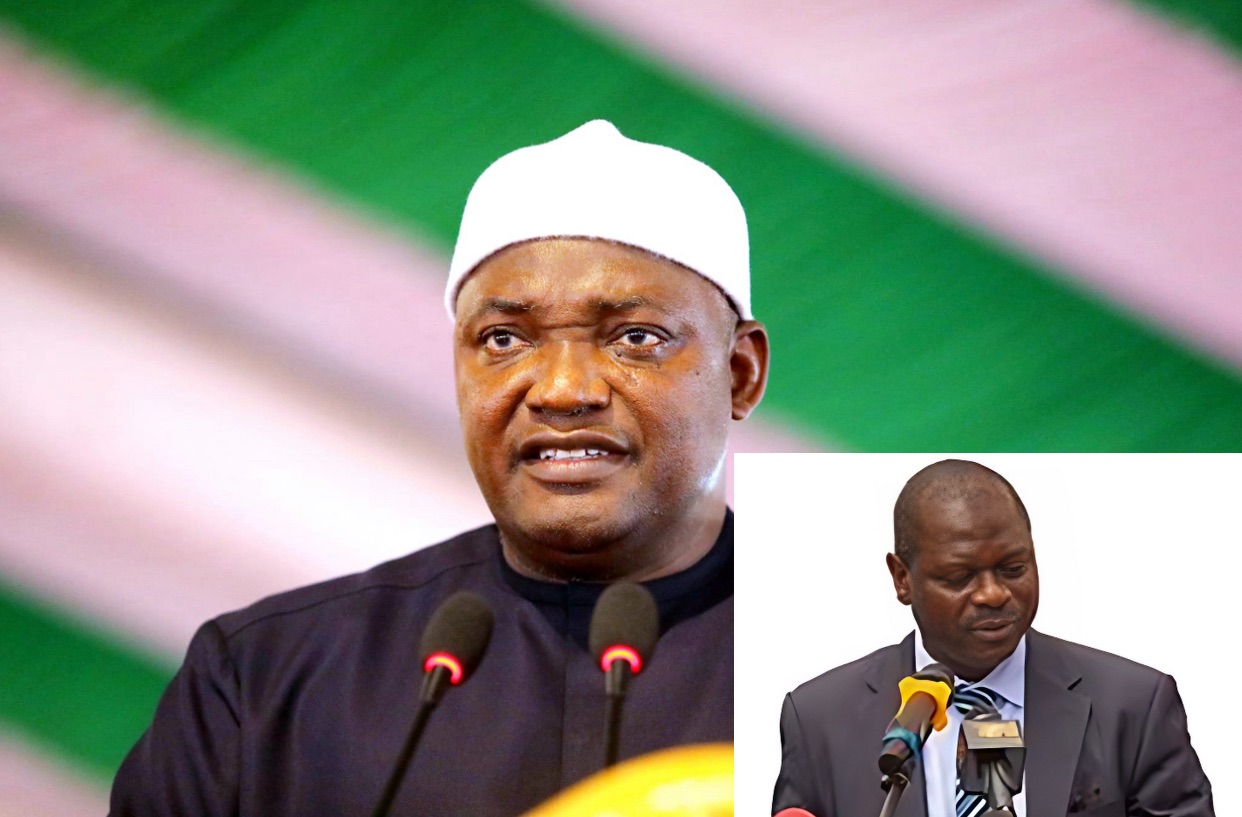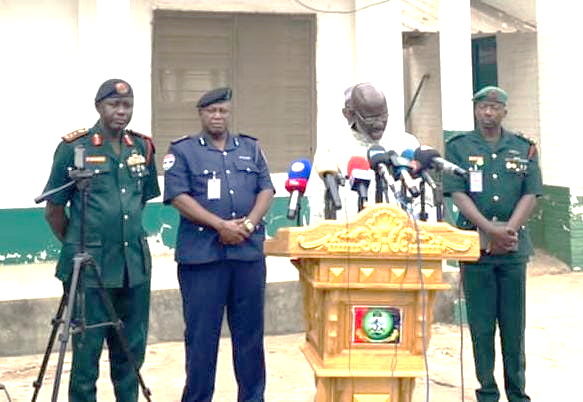According to the global financial institution, this decline keeps persisting due to weak governance among several other deterrent factors.
It said the pace of economic growth in The Gambia has been deteriorating and volatile in the past periods under the review.
“From the long-term perspective, the pace of economic growth has been declining and volatile since independence. From an average of 5.7% over 1968–1978, the average Real GDP growth gradually fell to 3.0% over 1979–2016 (Figure 1), due to the occurrence of climate events such as droughts, limited accumulation of capital (human and physic), reliance on low value-added tourism, weak governance and weak economic mismanagement and investment climate combined with poor infrastructure, which resulted in declining enterprises’ (SOEs) contingent liabilities, continued rise in the government’s credit cost, weaker than expected grants, end-of-debt service deferrals in 2024, and other external price shocks,” the World Bank explained.
The bank said it is confident that the economic outlook forecasts recovery in the medium term but this hangs on a commitment to macro-fiscal stability, favorable farming produce, developmental support, tourism, and other disciplines combined.
“The macroeconomic outlook foresees consolidation of the recovery in the medium term supported by the implementation of the Recovery-Focused National Development Plan (RF-NDP) 2023–2027 but it hinges on a continuous commitment to macro-fiscal stability,” it stated.
According to the bank, to promote sustained and inclusive growth, the authorities will need to transform the growth model from reliance on low-value-added tourism to a dynamic private sector that offers more economic opportunities to all Gambians, especially the youths.
“To this end, they will need to implement policies that aim to strengthen macroeconomic stabilization and fast-tracking structural reforms needed to support productivity and initiate transformative structural change,” it added.
The bank further advised against tightening conditions, which leads to higher borrowing toimprove the living conditions of Gambians.
“Jumpstarting sustained and inclusive growth is the only way to improve the living conditions of the Gambians. Heightened global and regional uncertainties coupled with vulnerability climate shocks cloud the economic outlook, making efforts to improve the living conditions of the Gambians more challenging,” it noted.
The bank further recommends that The Gambia needs to maintain prudent macro-fiscal policies to build fiscal space and enhance its capacity to absorb shocks, especially in the context of the end of the debt deferral and overlapping external shocks.
“Fiscal consolidation efforts started in 2023 should be maintained with accelerated revenue collection measures and rationalization of public spending while preserving much-needed public services provision, investment, and pro-poor spending,” it added.





